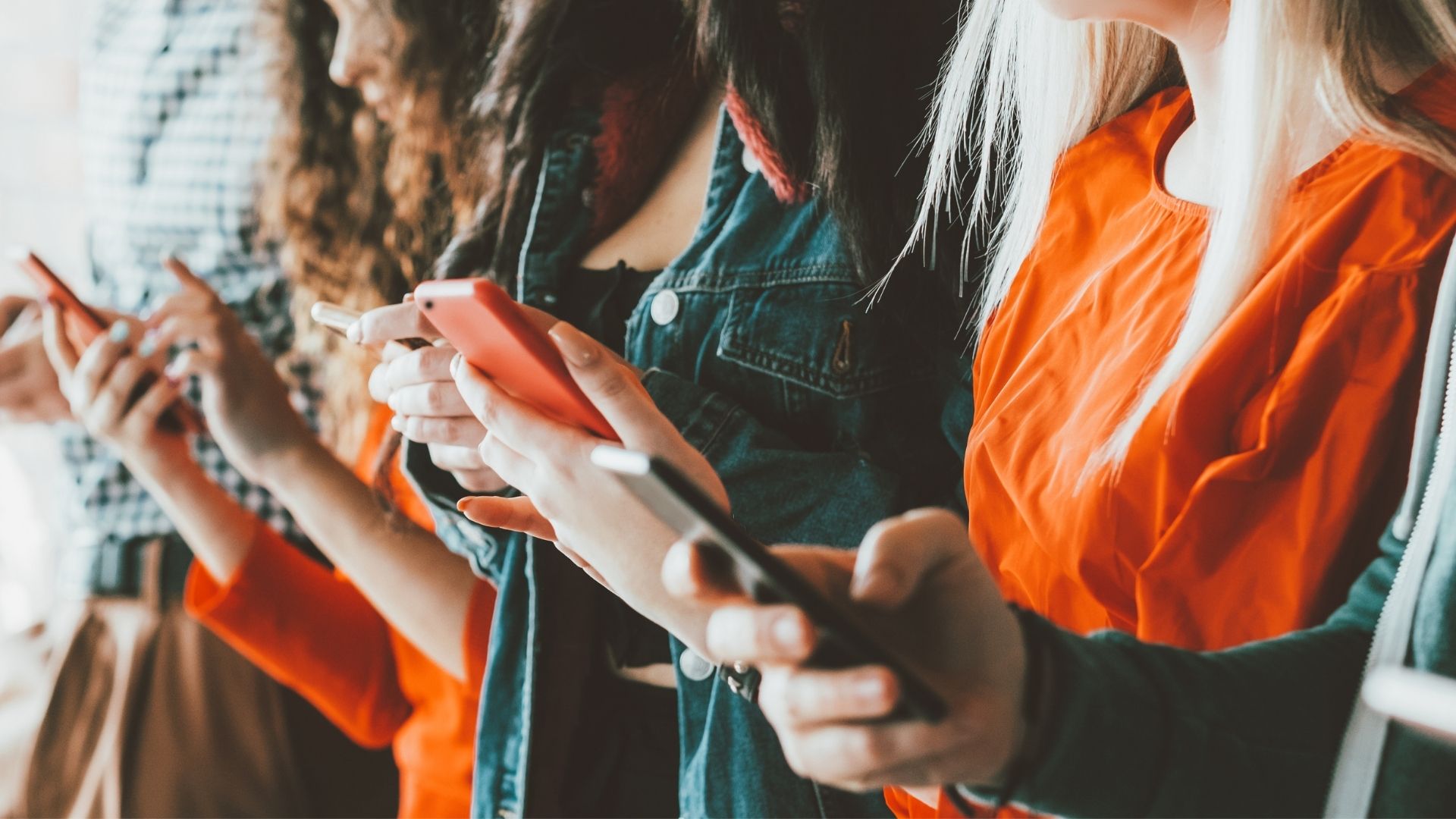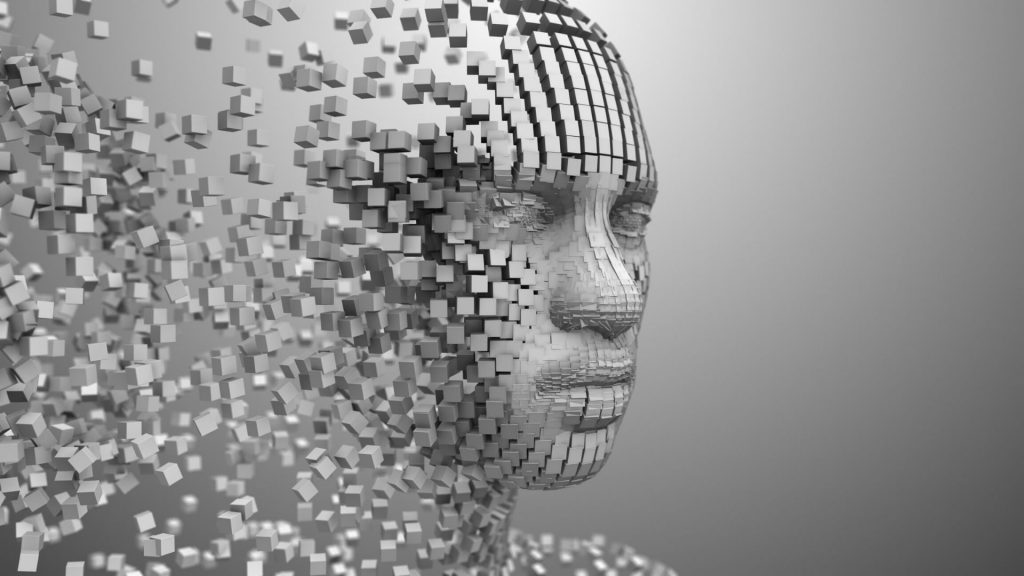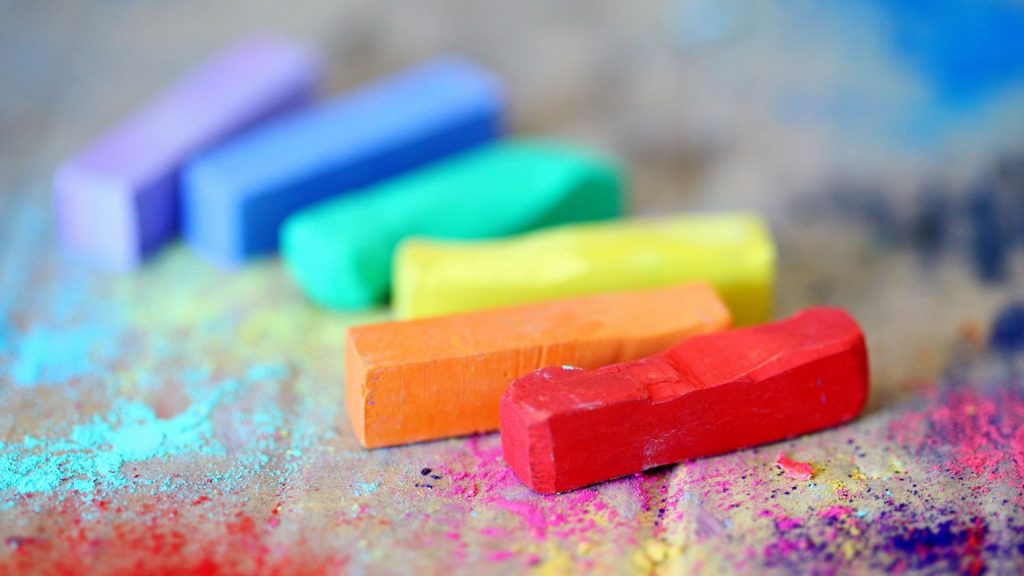Why can’t I stop myself from scrolling my phone? The neurological reason behind social media addiction.

A recently launched documentary, “The social dilemma” explored the harm caused by social media in terms of exploitation of its user, social media addiction, its effect on mental health and its use in politics. Do you have friends who cannot control oneself from using social media for an excessively long duration each day? Do you have frequent uncontrollable urge to log on social media? Do you come across some friends who keep posting their personal lives many times each day on social media?
Social media addiction is characterised by having uncontrollable urge to use social media, having repeated unsuccessful attempts to control and cut back the usage, and excessive use of social media to an extent despite its negative impact on other important areas of one’s life. If a person is addicted to social media, the use of it will have an effect of inducing pleasurable feelings and the suspension of using will induce unpleasant feelings. The person will also be preoccupied with the use of it and will need to increase the usage gradually to obtain the same level of pleasurable feeling. When the person tried to quit using it, a relapse of usage is common when one is triggered by the stimulus, such as a notification popped up on one’s mobile phone.
Why is social media so addictive? The design of social media produces dopamine-inducing effect on the users that is similar to the mechanism of the neural circuit of our brain in gambling and drug addiction. Research showed that the sharing of personal lives and the receiving of likes in the social media activated the reward system of the brain. The activation will increase the level of dopamine. This acts as a positive reinforcement for continuing the activity. This rush of dopamine will bring pleasurable feeling to the users who obtain immediate rewards from making a posting. Who doesn’t like receiving more attention and approval from our friends with just minimal effort? In fact, some people even pay much effort in creating an interesting posting of their recreational activities and distracting themselves from being in the present moment for the sake of enjoying the activities.
Research revealed that the reward circuit of our brain is more active when our sharing focused on ourselves. As the usage of social media is largely about sharing one’s accomplishments or showing off one’s life, it is highly addictive due to the higher dopamine-inducing effect of continuous self-disclosure. Who doesn’t like this kind of effortless self-marketing tool to boost our self-esteem and satisfy our need for positive attention?
As in the documentary, “The social dilemma”, described, the use of social media is a two-bladed knife. In fact, the designers of social media are with good intention in the first place. It is for our convenience in socialising with our friends online without geographic boundary. However, we need to be more aware of its addictive nature and use effective strategies to prevent ourselves to be addicted. For instance, you may turn off all the notification of the social media to prevent yourself from reacting immediately to the urge to check on the messages. If you find yourself spending too much time using social media, it is the time for you to put your mobile device away while you are engaging in social or outdoor activities. It is worth to give yourself space to take care of your inner self by being more in the present moment. Let us enjoy our social gatherings and “appointments” with the nature with our own senses more, rather than through the lens of our mobile device.



